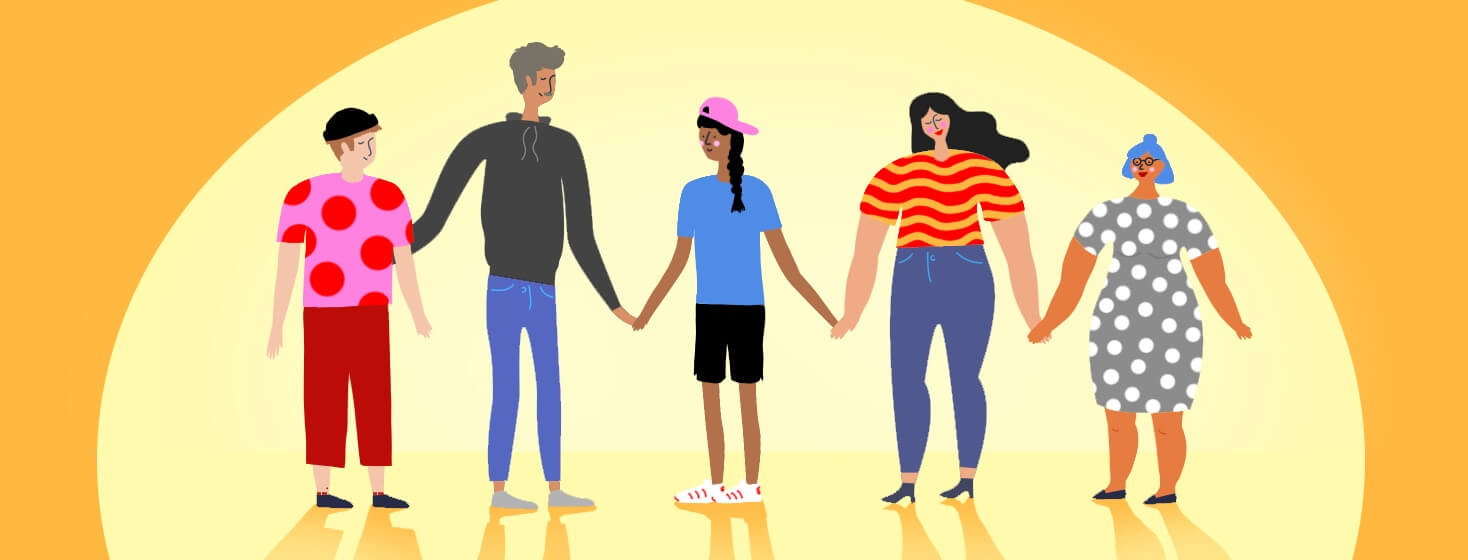Feeling Alone Amongst Your Peers? Find a Support Group
I was in my late 20s when my Dad was first diagnosed with early-onset Alzheimer's. As the oldest of 3, this meant my youngest sibling was barely out of college. We were all relatively young to have a parent with Alzheimer's.
When we first learned of the diagnosis, I don't think any of us were necessarily shocked or surprised given the "odd" behavior my Dad was showing. The challenge I faced, as many do when a loved one is told they have an incurable disease, was how to process it.
Turning to my friends
This was going to change his life and mine. Of course, I had family that I could lean on but sometimes you just need someone else. Naturally, I turned to my friends.
I feel fortunate enough to have friends who I have known across the various stages of my life. Some have known me since I was 13 and thought it was an excellent decision to match my eye shadow to the shirt I was wearing (purple on purple anyone?) and some friends I had only recently met during graduate school.
A unique life experience
All of them were very sympathetic to my new reality.
I never felt unheard or unsupported. I could tell, however, that many of them didn't truly appreciate where I was coming from because this was a life experience they hadn't had.
I was feeling a bit lonely amongst my peer group; there aren't too many millennials acting as primary caregivers to their parents. Who and where was I to turn to next?
Finding a support group that was right for me
I initially struggled to find a support group that included individuals my age; let alone those who had parents with Alzheimer's disease. There were a few local groups but they mostly consisted of older individuals who were caring for a spouse/partner or significantly older parent who was in their 80s.
It wasn't until my Dad signed up to participate in a clinical trial at a research hospital that I finally found a good fit!
My Alzheimer's support group experience
The support group I joined was created for adult children of individuals diagnosed with dementia. Some participants had parents with Alzheimer's while others had parents with frontotemporal dementia.
There are similarities and differences amongst the dementia types but we all had the commonality of being in the same age group. It was nice to be around others who really understood the difficulty of having a "You are no longer allowed to drive" conversation or shared advice about transitioning your loved one to a memory care facility.
The members of this Alzheimer's support group understood student loans, the isolation that comes with caregiving, as well as the losses. They appreciated parents not attending graduations and weddings, never having them meet your children, and sitting out of social events with friends.
Finding a support group for Alzheimer's caregivers
I was able to find a support group for young caregivers sponsored by a research hospital. There are other facilities and organizations that may offer groups. You may want to check care facilities, places of worship, and of course, the worldwide web. Social media can be a great place to connect with other caregivers.
If you are finding it challenging to connect with your own Alzheimer's support group, please don't stress too hard. It took me a bit of time to figure out the right fit. And when in doubt, I am here for you and there is always the AlzheimersDisease.net community to listen and help you along your journey.

Join the conversation